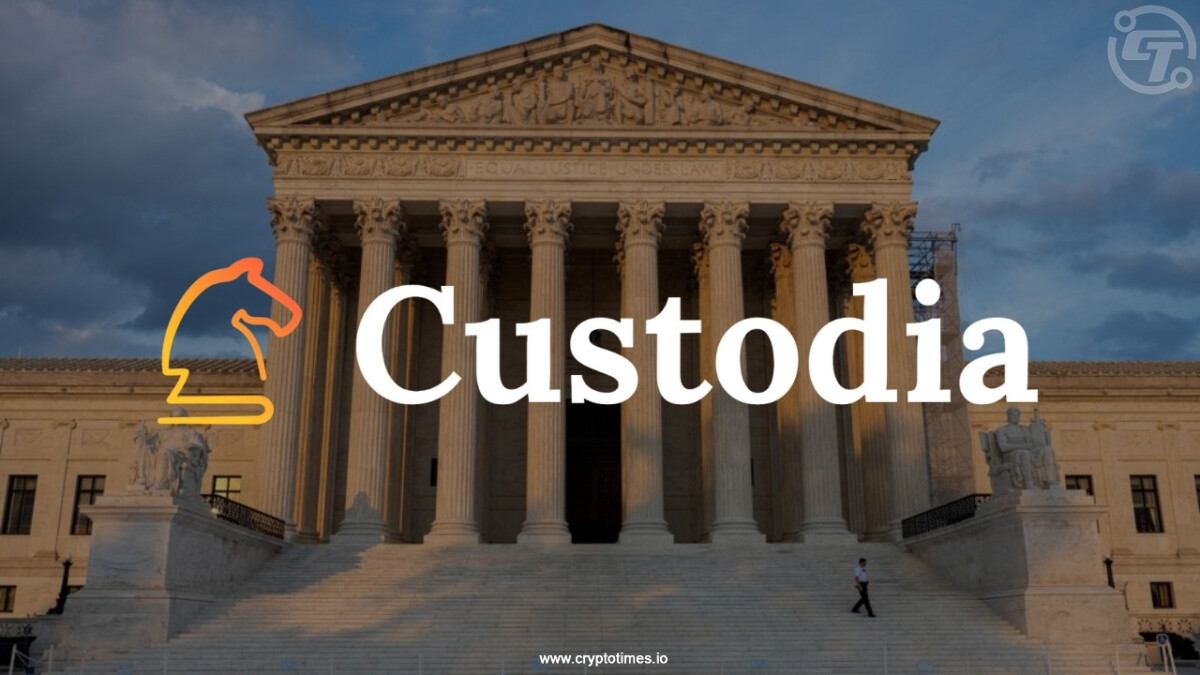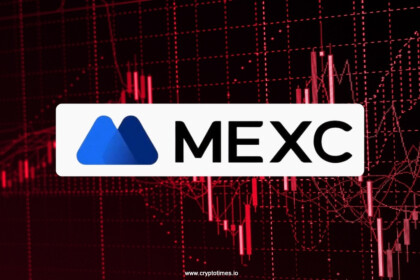The 10th Circuit Court of Appeals has ruled in favor of the Federal Reserve, rejecting Wyoming-based Custodia Bank’s appeal to compel the central bank to grant it a master account, a crucial requirement for accessing the U.S. payment system.
In a 2–1 decision, the appellate judges upheld a lower court’s ruling that the Federal Reserve retains full discretion to approve or deny master account applications, even for state-chartered banks operating under specialized frameworks like Wyoming’s digital asset regime.
The ruling is a setback for Custodia and its founder, Caitlin Long, who has long sought to bridge crypto and traditional banking. The decision follows years of legal battles and public debate over whether crypto-focused banks should gain direct access to Fedwire and ACH, the backbone of U.S. payments.
Custodia argued that exclusion from these systems forces digital asset banks to rely on intermediaries, limiting competitiveness despite state regulation.
The decision cements that the Federal Reserve isn’t required to grant master accounts to all eligible institutions.
Custodia’s Fed battle started a year ago
In April 2024, Custodia escalated the case to the Tenth Circuit, arguing that the previous U.S. Court decision effectively barred innovation and competition in the banking sector.
In that filing, the bank framed its mission as a test of regulatory inclusivity, seeking to connect crypto companies to traditional banking rails while maintaining full compliance. It also challenged a $25,728.25 court cost imposed by the Federal Reserve Bank of Kansas City, calling it premature amid ongoing litigation.
The outcome for digital asset banks
With the appellate decision now final, Custodia has fewer legal options. However, it can still appeal to the U.S. Supreme Court, a move that could delay the pace at which crypto-focused banks can join the traditional financial system.
The outcome may reshape how regulators and blockchain banks approach compliance, serving as a reminder that legitimacy in the U.S. depends on working within Federal Reserve rules.
Also read: Custodia and Vantage Bank Launch Tokenized Deposit Platform












